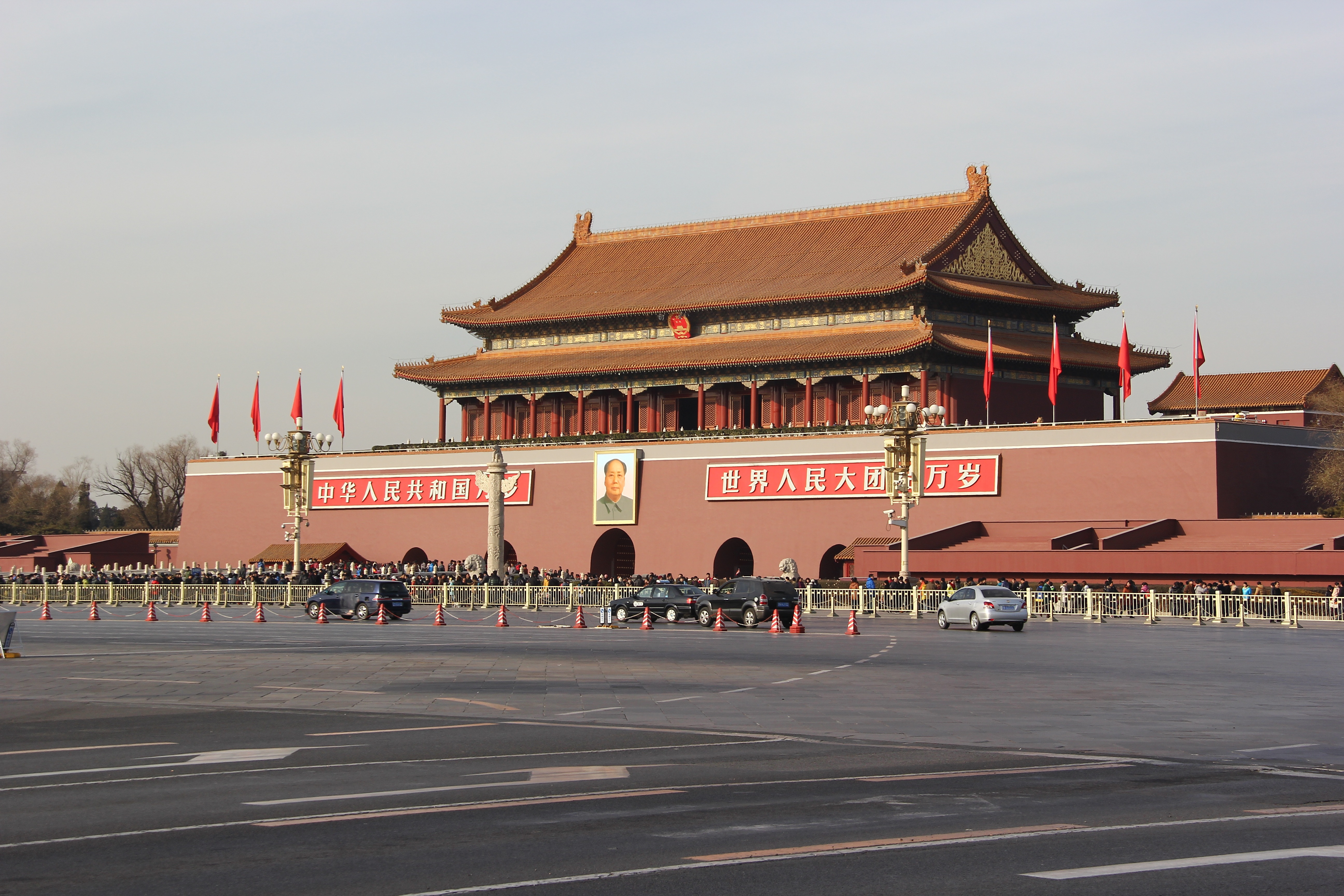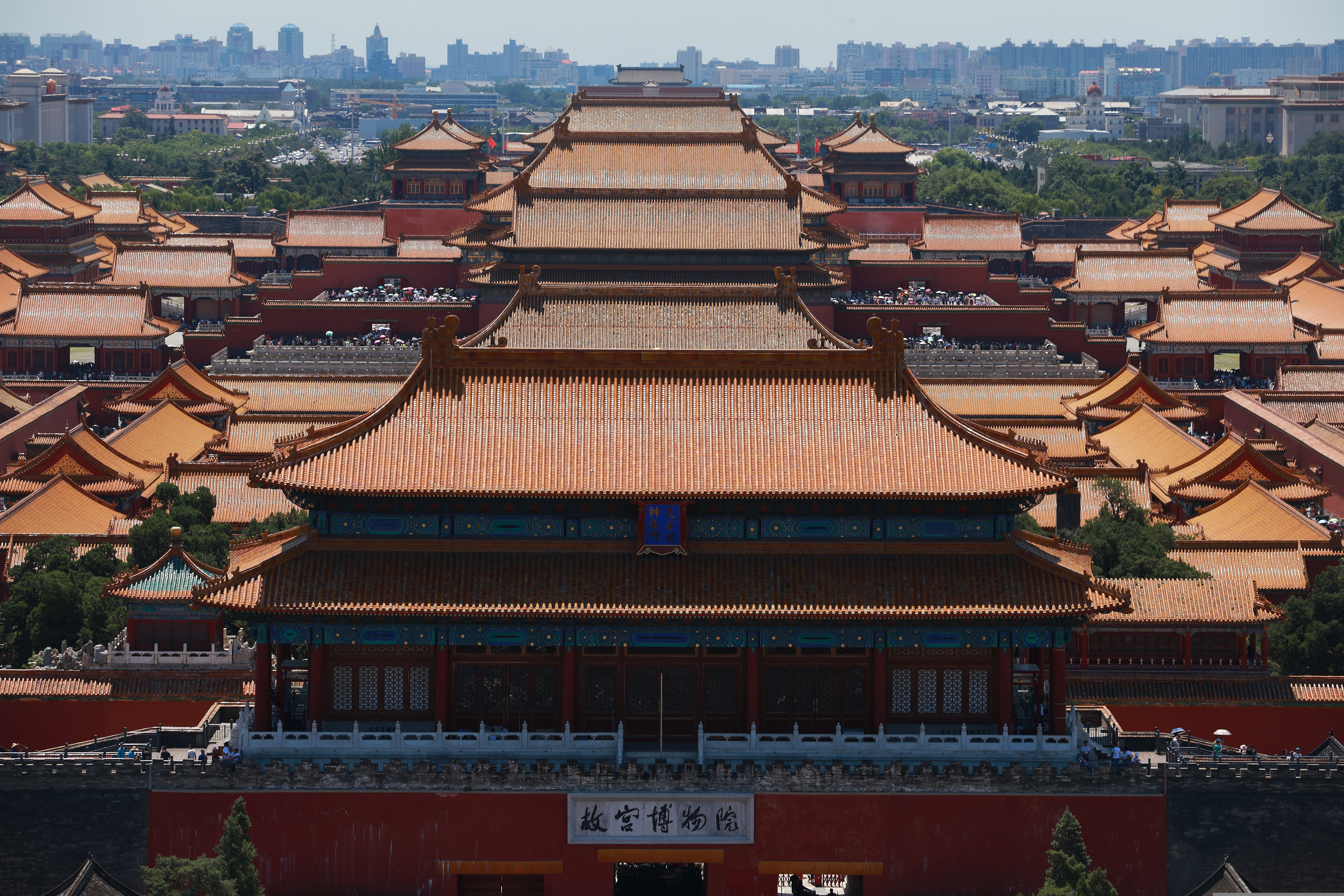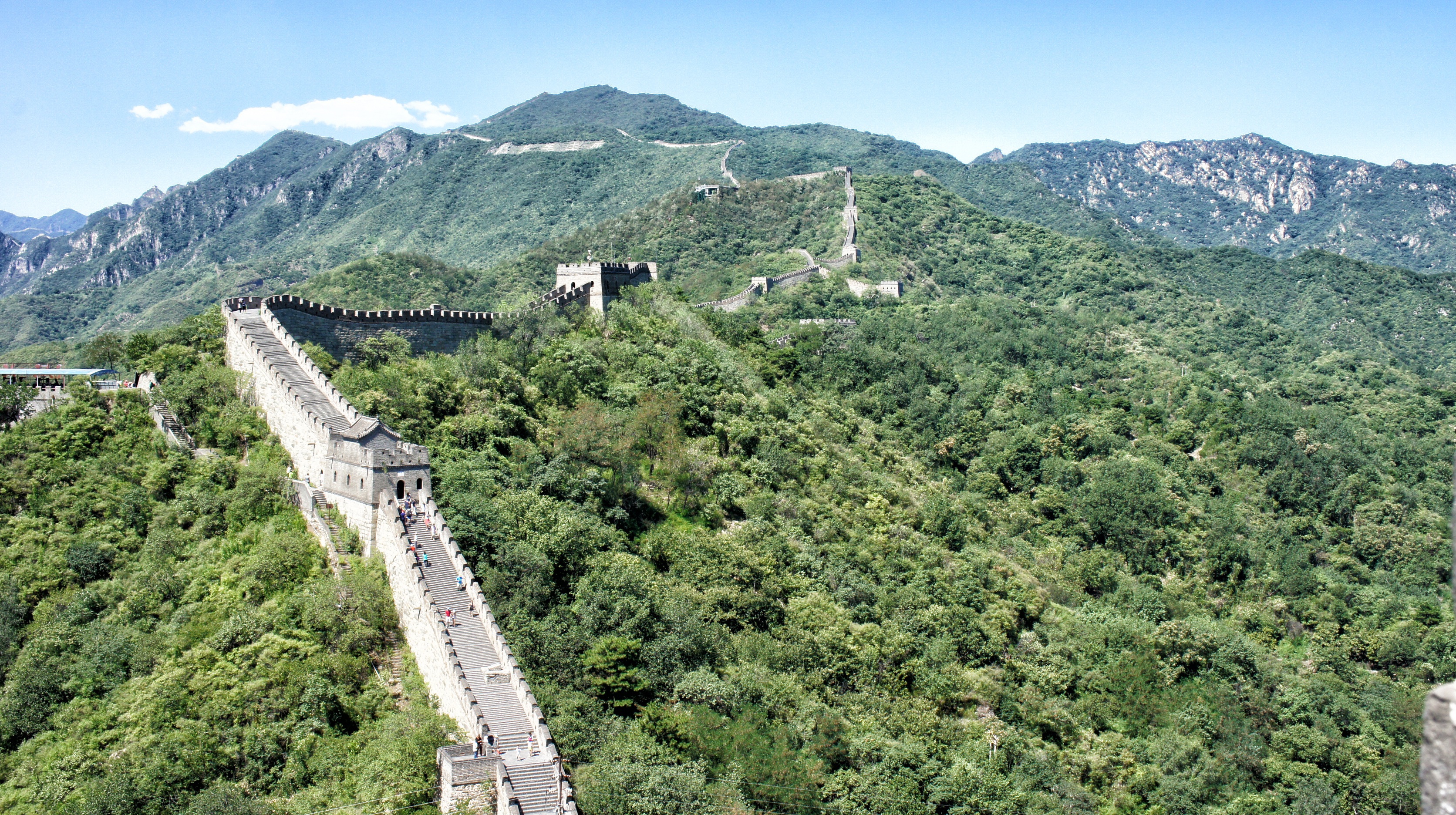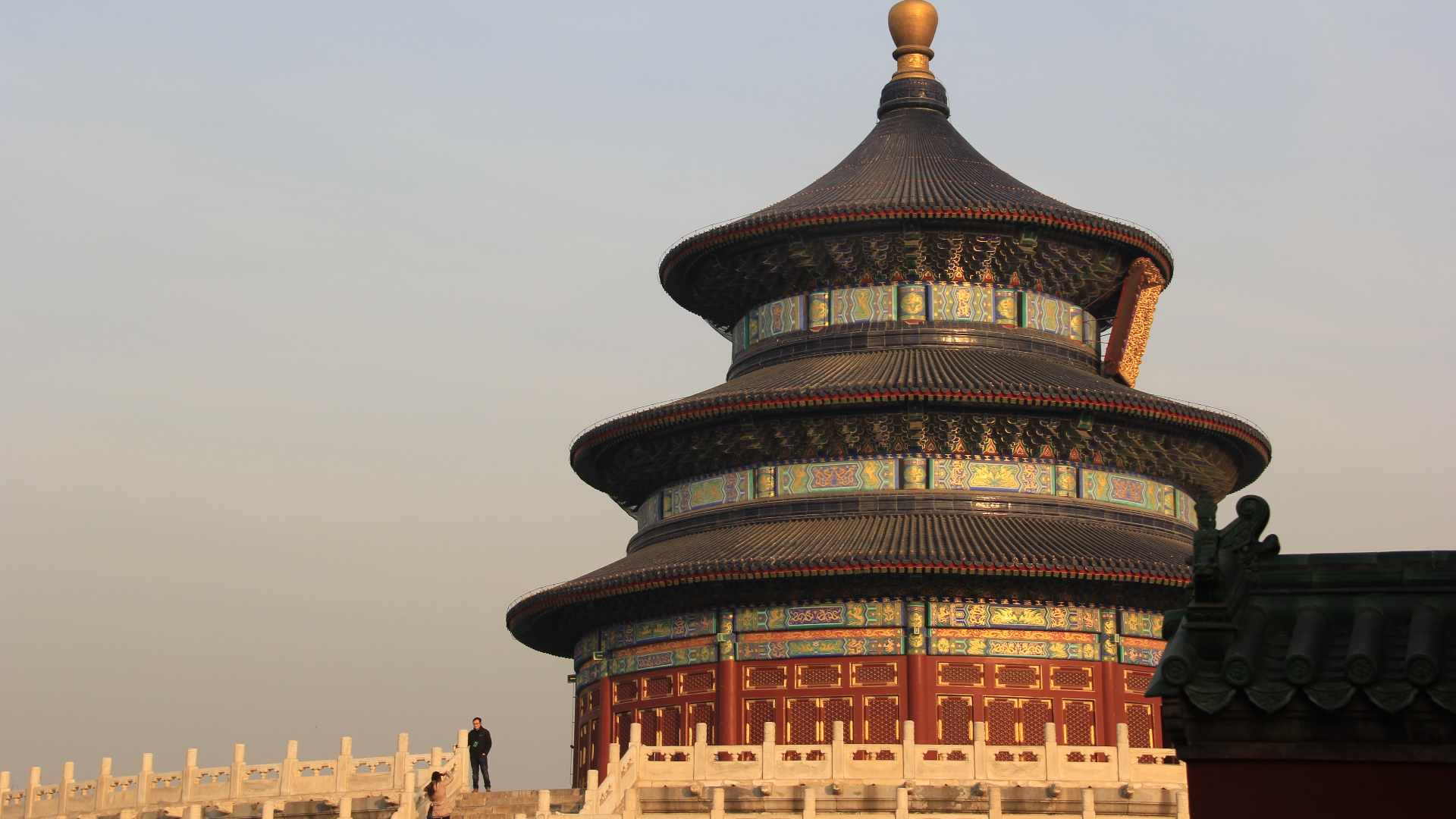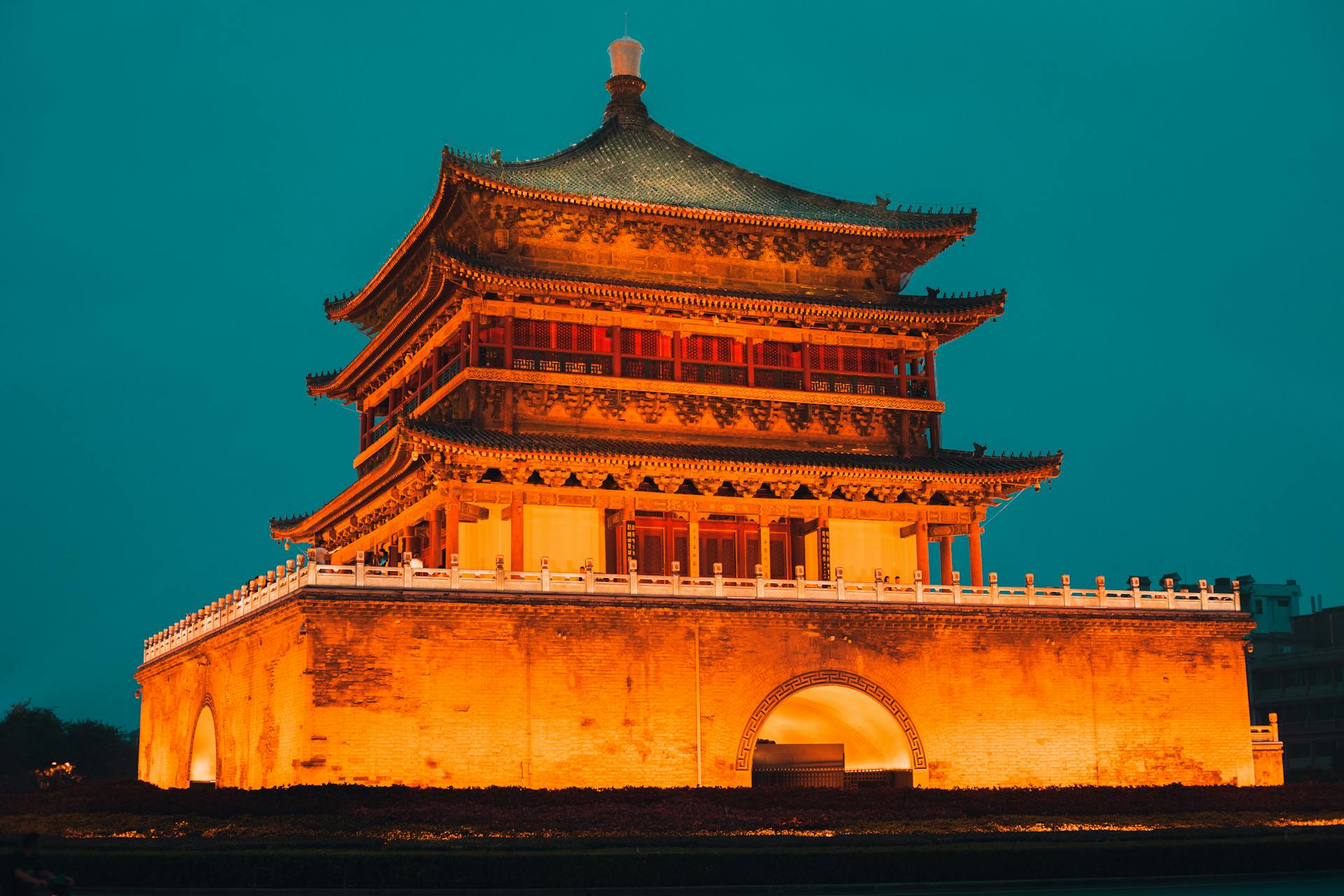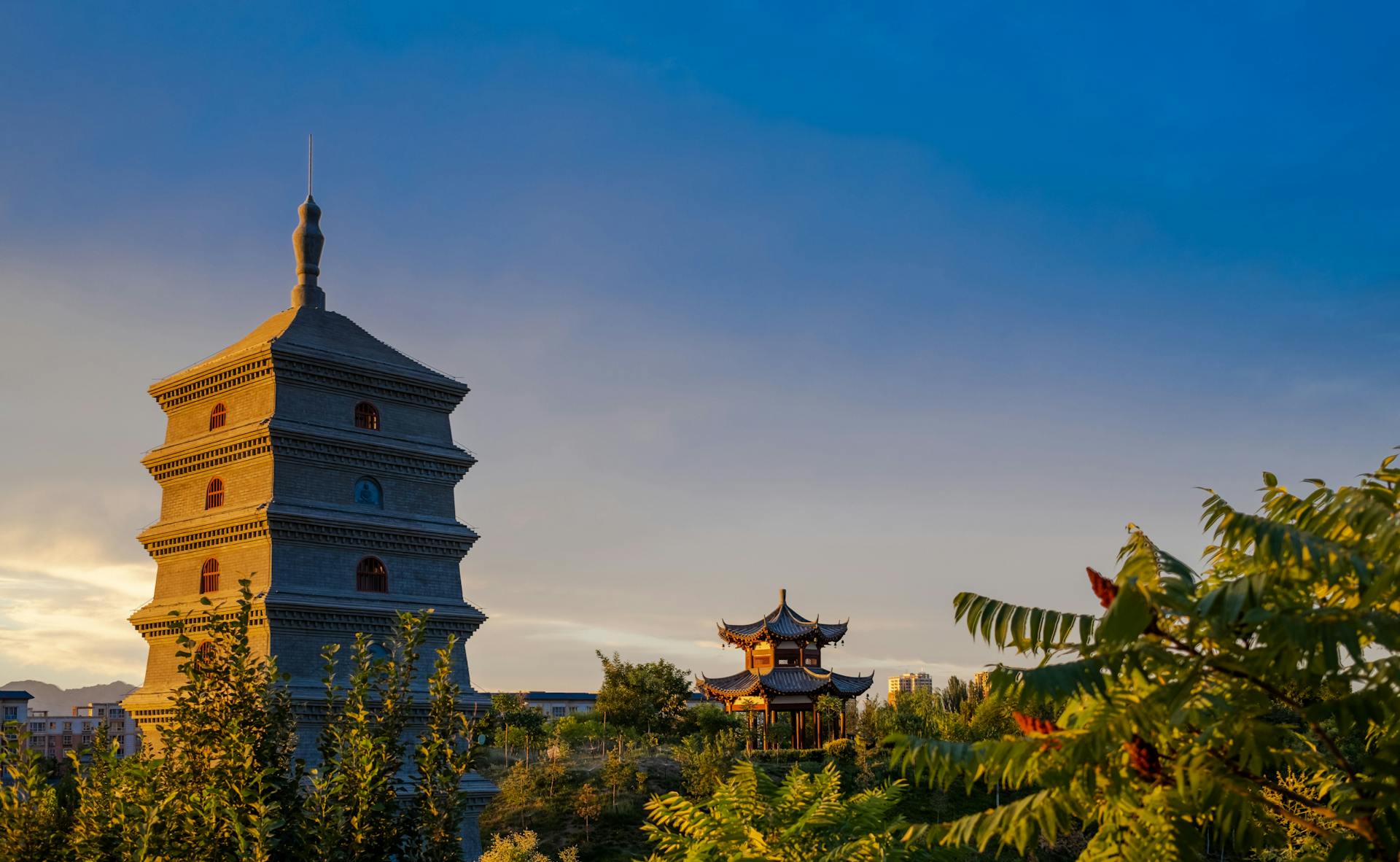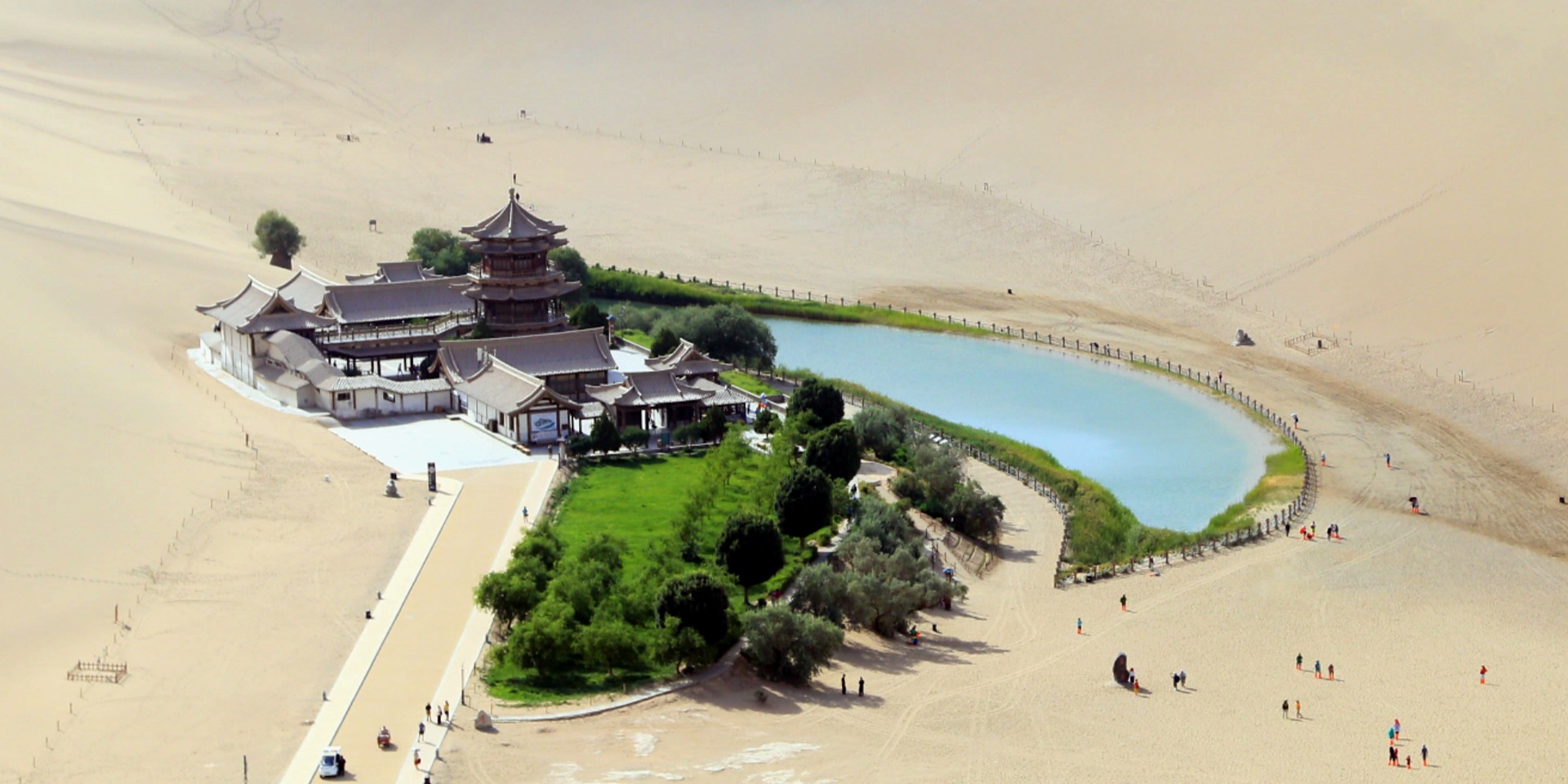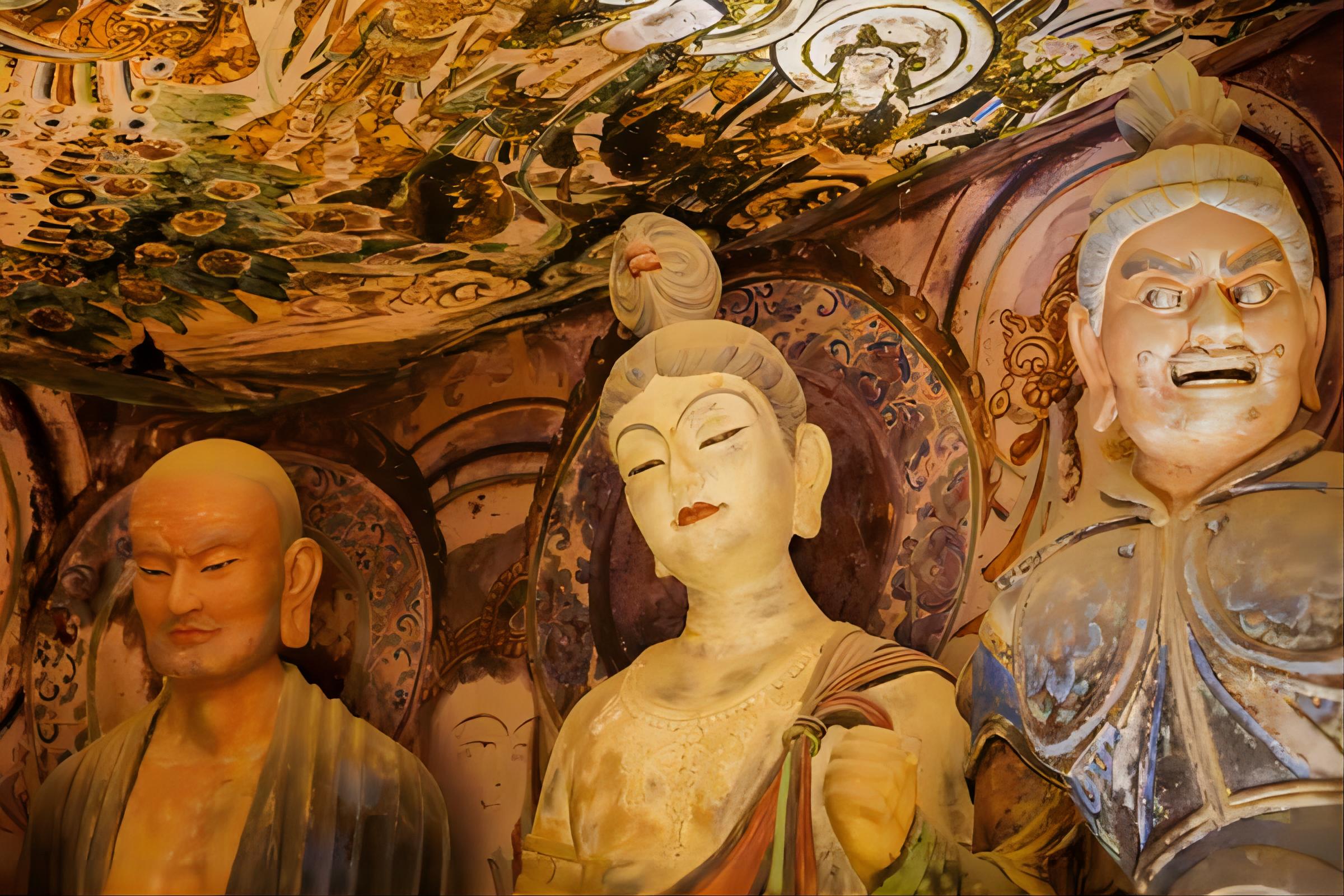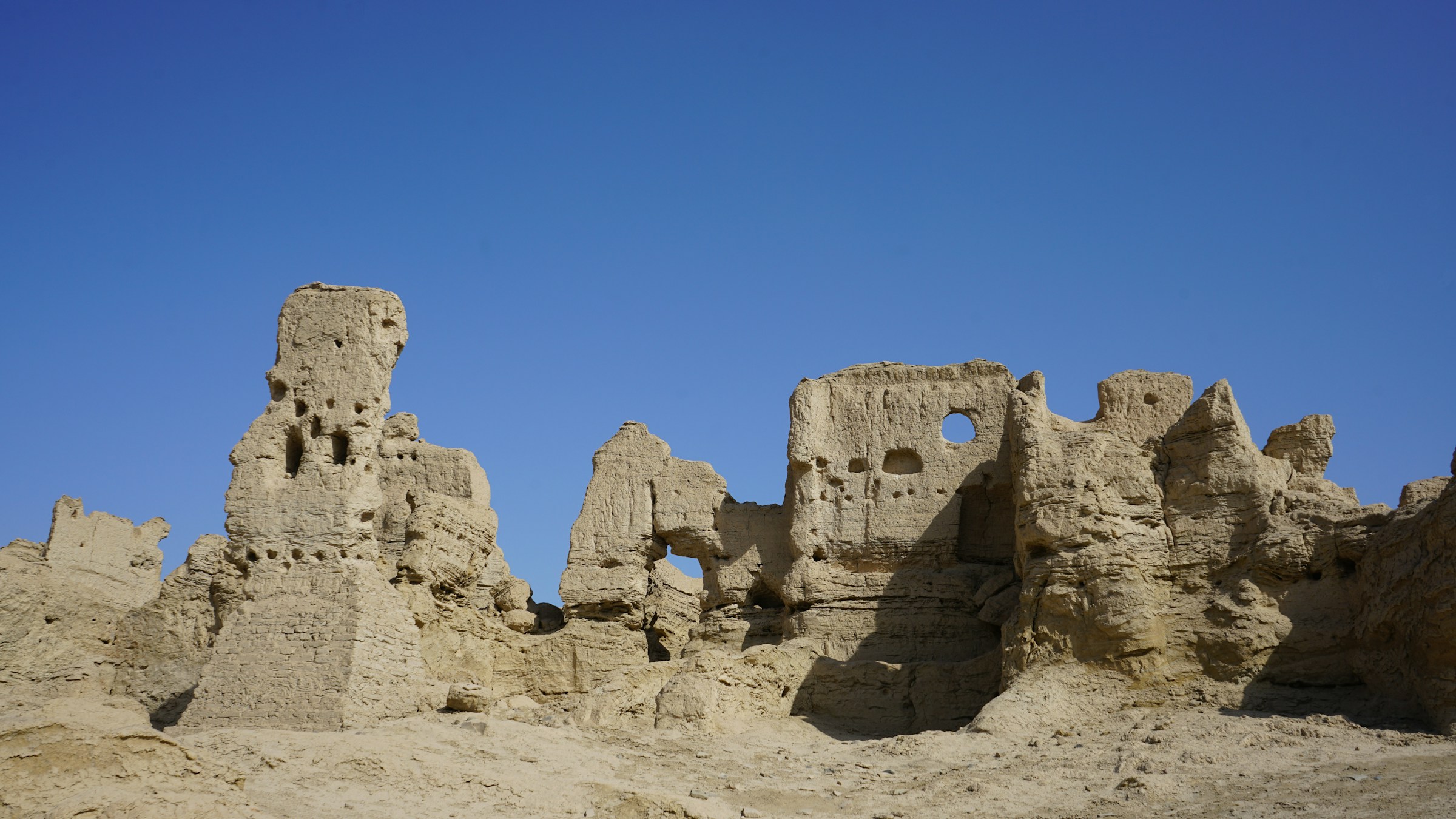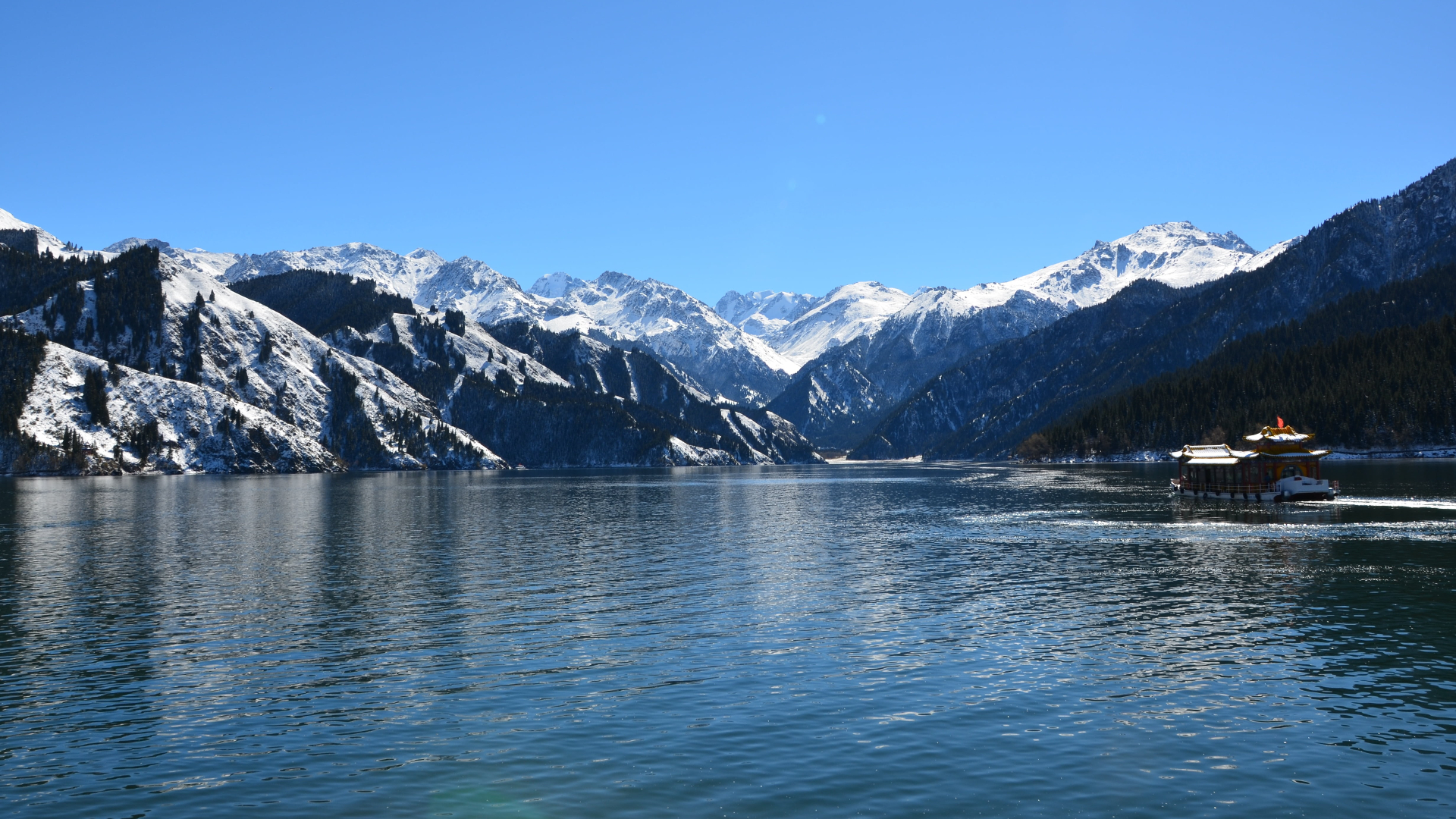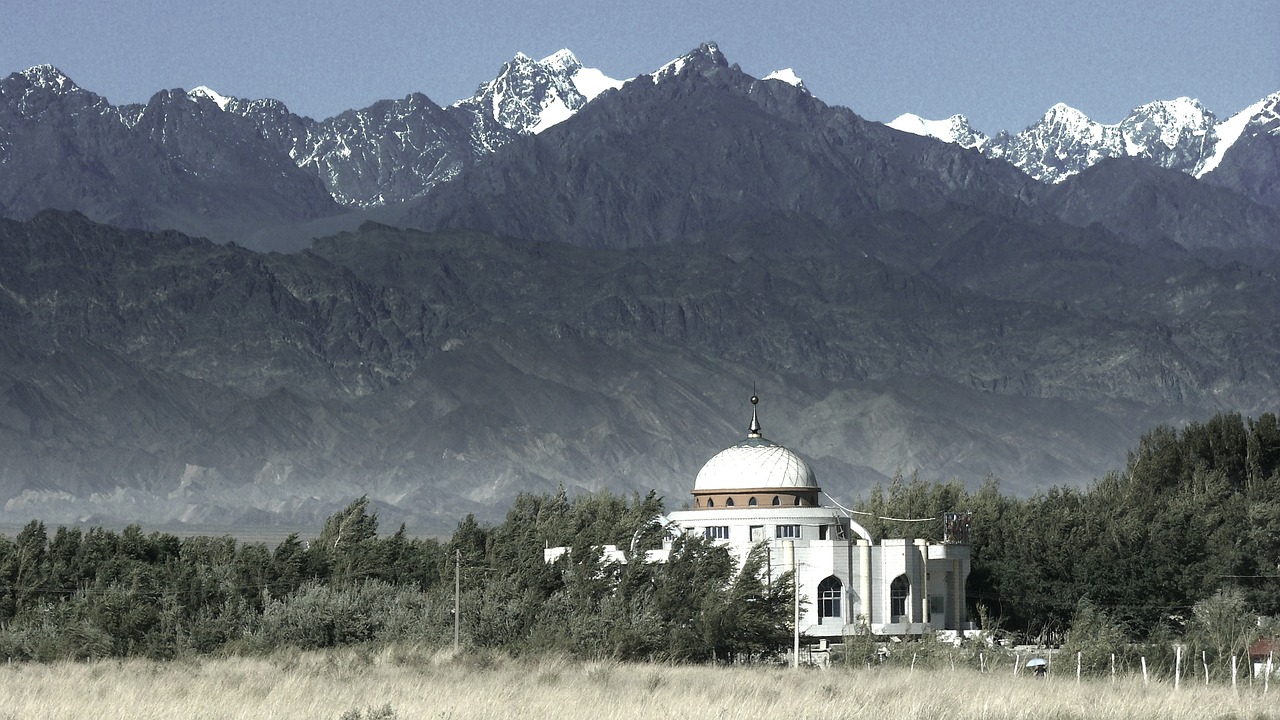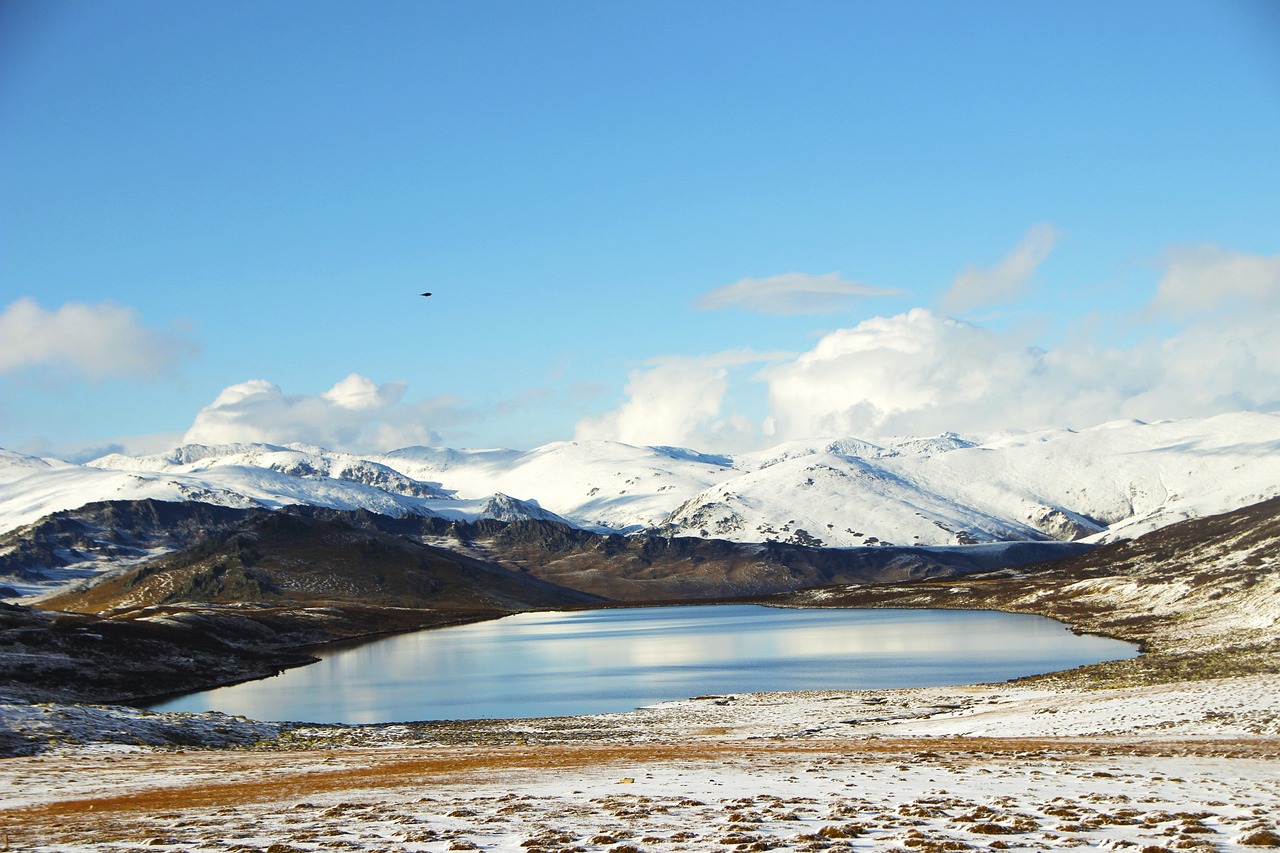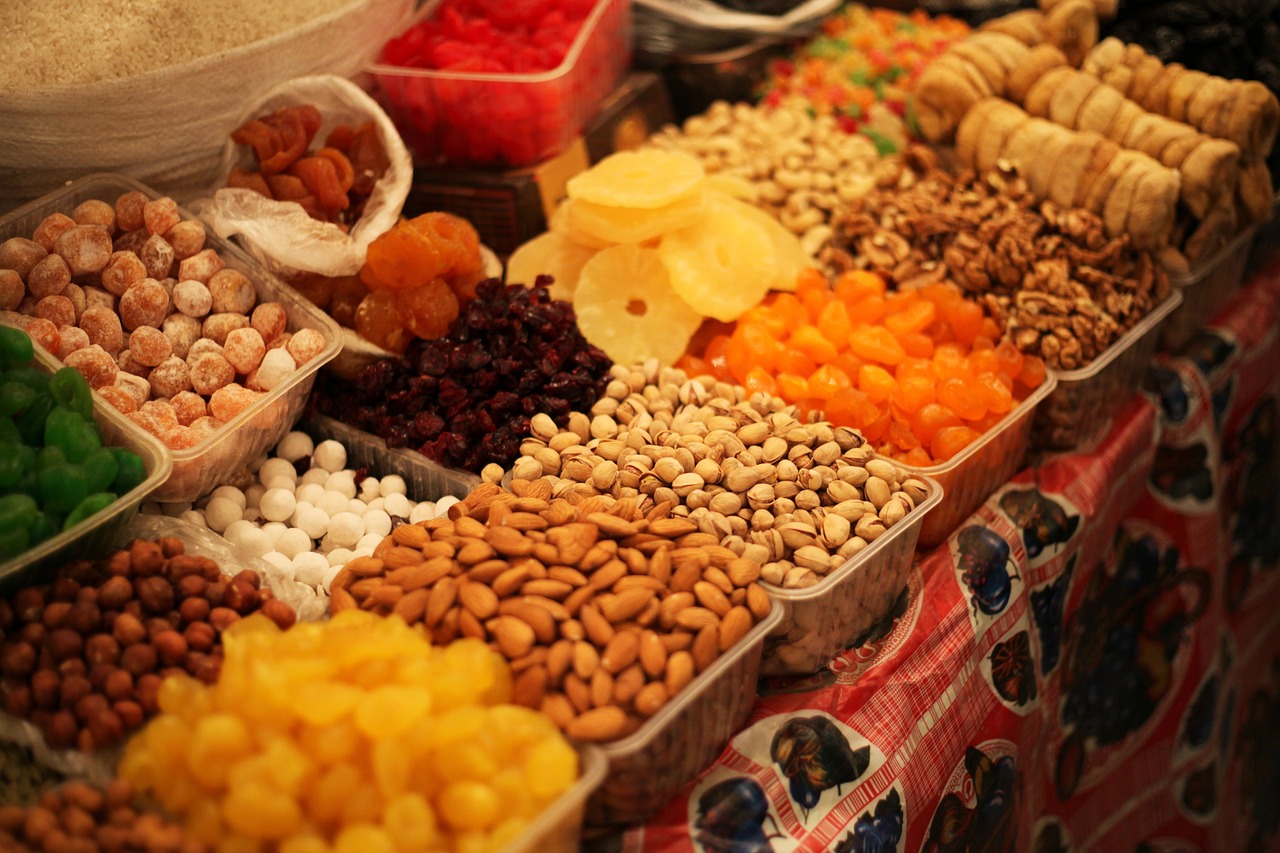Legendary Silk Road Tour from Beijing
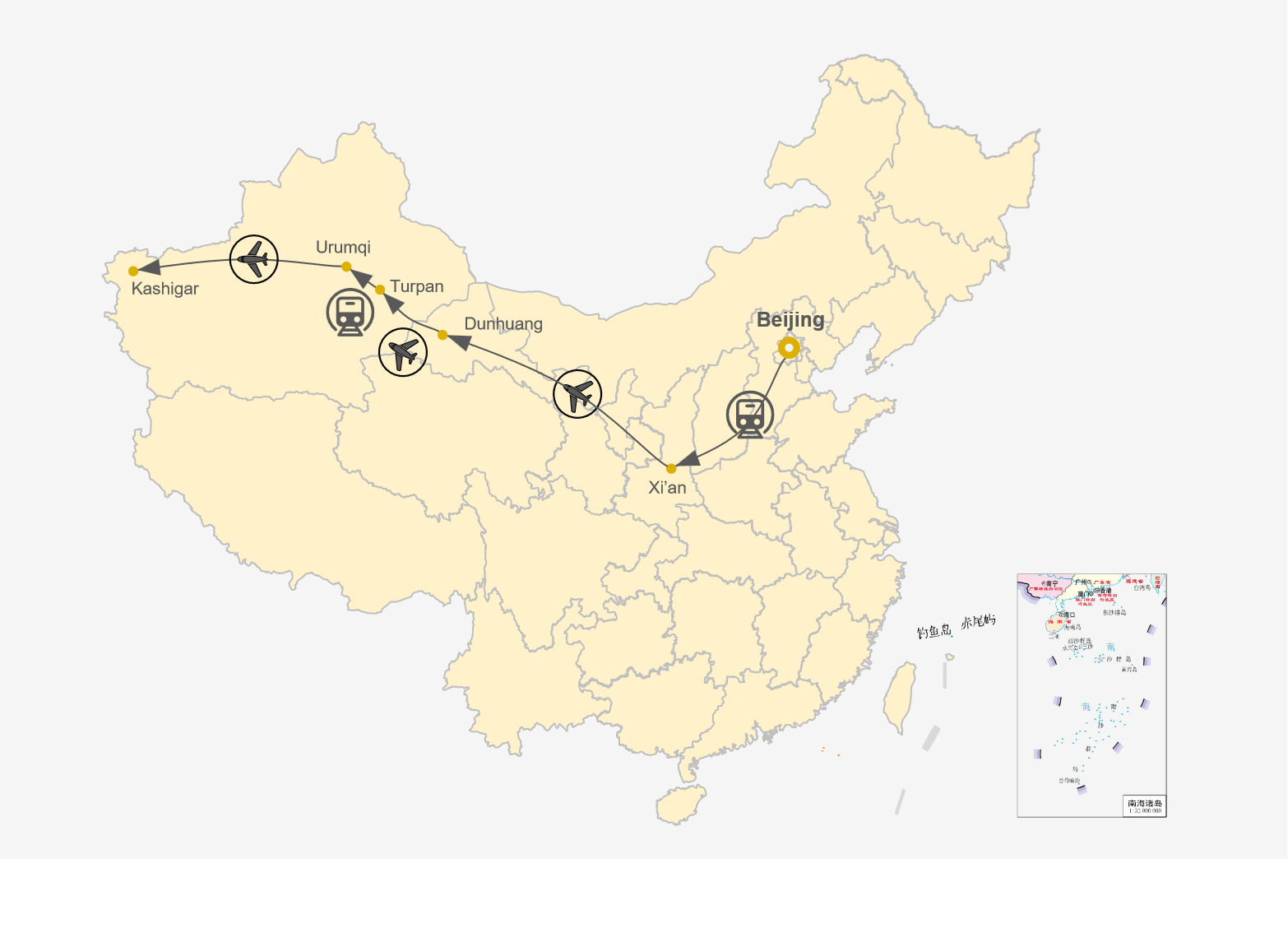
- Tour Code: CT-BXDTUK-13
- Time: 13 Days
- Accommodation: 12 Nights (4+Star Hotels)
Why Choose lnto Explore China Group Tour
Included & Excluded
- The price is based on two people sharing one twin room. If you prefer a single room, please contact us for a quote.
- Price may vary depending on exchange rates, travel dates, and hotel class.
- Comfortable hotel with daily breakfast (twin room)
- Professional English-speaking local tour guide
- Air-conditioned private coach throughout the tour
- Entrance tickets to all listed attractions and activities
- Lunches as specified in the itinerary
- Domestic fights and high-speed train tickets
- One travel accident insurance per person
Why Travelers Choose Us
1. What should I pack for the Silk Road Tour?
For the Silk Road Tour, pack versatile clothing suitable for varying climates. In Beijing and Xi'an, expect mild to warm weather, so bring lightweight, breathable fabrics. Dunhuang, Turpan, and Urumqi can get quite hot during the day but cooler at night, so include layers like a light jacket or sweater. Kashi (often referred to as Kashgar) has a more arid and sometimes cooler climate, especially in the evenings, so a warm coat is advisable. Don’t forget comfortable walking shoes, a hat, sunglasses, and high-SPF sunscreen. If you plan to visit religious sites, ensure you have modest clothing that covers shoulders and knees.
2. What kind of cuisine can I expect during the tour?
The Silk Road is a melting pot of cultures, and this is reflected in its cuisine. In Beijing, savor iconic dishes like Peking Duck. Xi'an offers delicious Muslim street food, including Rougamo (Chinese hamburgers) and Yangrou Paomo (pita bread soaked in lamb soup). Dunhuang is famous for its camel meat dishes and juicy grapes. In Urumqi and Turpan, enjoy Uyghur specialties like Lagman (hand-pulled noodles) and various kebabs. Kashi is a paradise for food lovers with its bustling bazaars offering a wide array of spicy snacks, fresh fruits, and traditional breads. Always ask your guide for local recommendations to experience the best flavors!
3. What type of accommodation can I expect on the tour?
Accommodations along the Silk Road vary to suit different preferences and budgets. In major cities like Beijing and Xi'an, you'll stay in comfortable, modern hotels with all the standard amenities. As you move to more remote areas like Dunhuang, Turpan, and Kashi, accommodations may be more basic but still clean and well-maintained, often reflecting local architectural styles. In Urumqi, you can expect a mix of international chain hotels and local boutique options. Our tour packages always aim to provide a balance between comfort and authenticity.
4. How is the transportation arranged during the tour?
Transportation on the Silk Road Tour is carefully planned to ensure convenience and safety. Between major cities like Beijing and Xi'an, you'll likely travel by high-speed train, offering a comfortable and efficient way to cover long distances. For longer journeys, such as from Xi'an to Dunhuang or between other cities, domestic flights are often the most practical option. Local transportation within cities and for shorter trips to attractions will be arranged via private coaches or minivans, ensuring a smooth and enjoyable travel experience.
5. Are there any health or safety precautions I should take?
While the Silk Road is generally safe for travelers, it's always wise to take some precautions. Ensure you have comprehensive travel insurance that covers medical emergencies. Stay hydrated, especially in the arid regions like Dunhuang and Turpan, and carry a reusable water bottle. Be cautious with street food to avoid stomach upsets—stick to well-cooked meals and bottled water. In mosques and other religious sites, follow local customs and dress modestly. Lastly, keep your belongings secure and be aware of your surroundings, particularly in crowded markets or bazaars.
6. What are the must-see attractions along the Silk Road?
The Silk Road is rich in history and natural beauty. In Beijing, don't miss the Great Wall and the Forbidden City. Xi'an boasts the Terracotta Army and the ancient City Wall. Dunhuang is famous for the Mogao Caves and the Crescent Lake. Urumqi offers the Heavenly Lake, a stunning alpine oasis. Turpan is known for its ancient canals (Karez) and the Jiaohe Ruins. In Kashi, explore the Id Kah Mosque and the bustling Sunday Bazaar for a true taste of Uyghur culture. Each destination offers unique experiences that showcase the diversity of the Silk Road.
7. What cultural customs or etiquette should I be aware of?
Respecting local customs and etiquette is crucial when traveling along the Silk Road. In China, especially in Muslim-majority areas like Xinjiang (where Urumqi, Turpan, and Kashi are located), dress modestly when visiting religious sites or rural areas. Remove your shoes before entering mosques or homes. Learn a few basic greetings in Mandarin or Uyghur to show respect. When dining, it's polite to wait for the host to start eating first and to use chopsticks appropriately. Always ask permission before taking photos of people, especially in more traditional or conservative communities. Your guide will provide more specific cultural insights tailored to each destination.
Cancellation Policy
- Free cancellation if canceled 60 days or more before the tour starts
- 5% of total tour cost if canceled 45-59 days before departure
- 10% of total tour cost if canceled 30-44 days before departure
- 25% of total tour cost if canceled 15-29 days before departure
- 45% of total tour cost if canceled 7-14 days before departure
- 100% of total tour cost if canceled less than 7 days before departure


